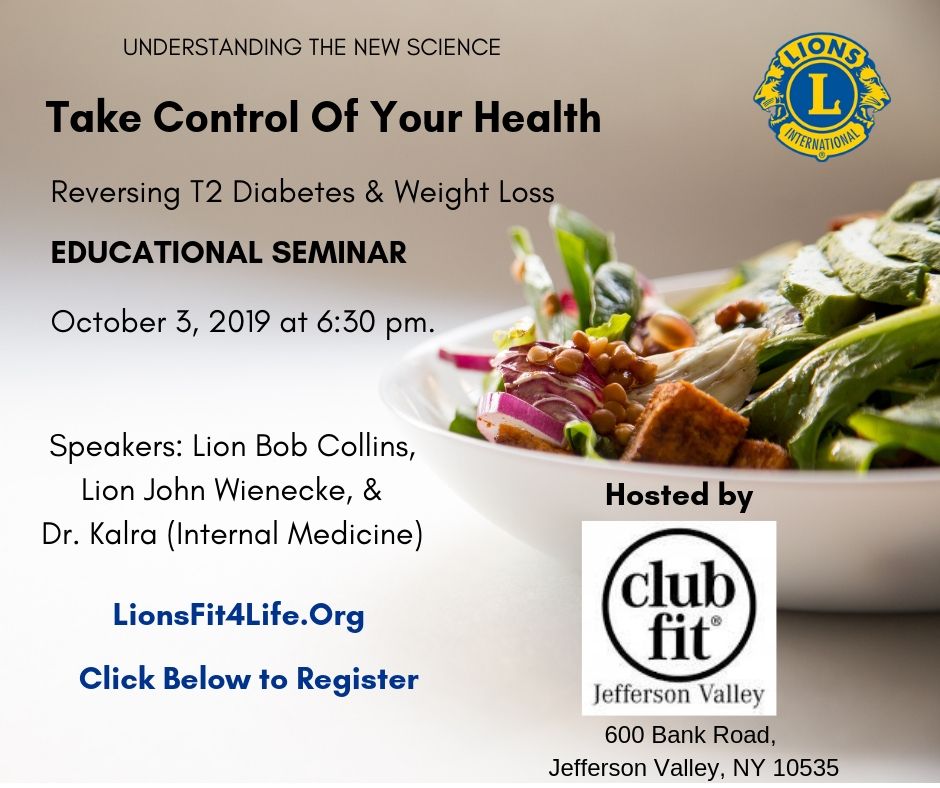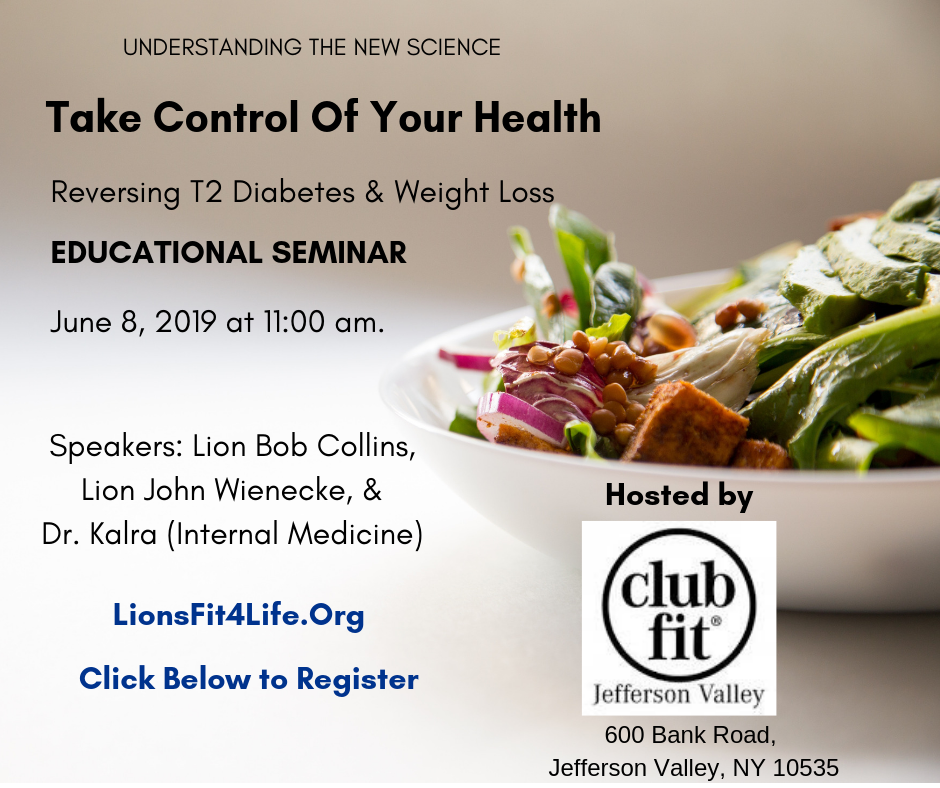 Before getting started, please take some time to review the website to understand what our goal and make sure it aligns with yours. Note you are responsible for your health and one of the results that we expect to produce is a reduction in insulin. Therefore if you have diabetes with either Type 1 or 2, please consult your doctor and make sure you can adjust any medicine as needed due to insulin and glucose reduction. Continue reading “How To Get Started”
Before getting started, please take some time to review the website to understand what our goal and make sure it aligns with yours. Note you are responsible for your health and one of the results that we expect to produce is a reduction in insulin. Therefore if you have diabetes with either Type 1 or 2, please consult your doctor and make sure you can adjust any medicine as needed due to insulin and glucose reduction. Continue reading “How To Get Started”
Alzheimer’s Disease direct link to Metabolic Syndrome
The Journal of American Medical Association is stating there is scientific evidence linking glucose hypometabolism in the brain, the inability of the brain to get the fuel it needs due to insulin resistance. However the brain can use another source of fuel, ketones from fat. The effective treatment of type 2 diabetes will reduce the risk of Alzheimer’s and dementia. A ketogenic lifestyle/diet reverses type 2 diabetes meaning it reduces insulin resistance and provides the brain with another source of fuel.
 Alzheimer’s and dementia prevention is the main reason I made the commitment to live the ketogenic lifestyle. I can not think of a worse disease that you could get that not only affects you but your family in a devastating way. Given my love for my family, I would do anything to prevent Alzheimer’s / dementia. How about you?
Alzheimer’s and dementia prevention is the main reason I made the commitment to live the ketogenic lifestyle. I can not think of a worse disease that you could get that not only affects you but your family in a devastating way. Given my love for my family, I would do anything to prevent Alzheimer’s / dementia. How about you?
Dr. Tro Presents to Medical Students the Truth About Nutrition and Obesity
Dr. Tro lectures to medical students on the truth about nutrition and obesity. Have you ever heard to lose weight you must eat less and exercise more? It does not work overall. Dr. Tro provides a clinical examination of nutrition and what drives hunger and our eating habits. Learn why our common beliefs have not worked. Take control of your health by learning the science that determines your health.
Angelo Purcigliotti Testimonial
Angelo, an esteemed member of the Somers Lions Club, shares his experience with the Ketogenic lifestyle and its impact on his health. He goes further and describes his concerns prior to starting and is research before making his decision to try it. He also illuminates many people’s concerns and what he discovered.
Ron Koss Testimonial
Ron has personal experience with people close to him and the negative impacts of diabetes and speaks frankly on his concern when he discovered he was diagnosed as prediabetic and how it reversed it and lost weight.
New Science for Weight Loss and Reversing T2 Diabetes – 10/3/2019
New Science for Weight Loss and Reversing T2 Diabetes
Without understanding the new science we struggle to lose weight and we do not reverse diabetes, that is why there is an obesity and diabetes epidemic. Come to this educational seminar to learn about the new science and take control of your health.
Understanding Heart Disease and it relationship to Diabetes
Understanding Heart Disease and it relationship to Diabetes and other chronic diseases. Researched through the lens of a Biochemical Engineer focusing on understanding the source cause of problems so they can be corrected.
Presented by Ivor Cummins, the Chief Program Officier for Irish Heart Disease Awarness.
Video Timeline:
00:00 Introduction – Why
00:00 Understanding Healthy Cholesterol & Blood Flow
04:14 What are byproduct causes heart and artery dysfunction
05:50 What is the root causes & what do the experts say
07:16 How does the root cause occur and impact the body
12:25 How do you measure this condition?
19:15 How the indicators of this condition?
21:00 Actionable root causes to reduce the risk and/or reverse the condition
24:00 Traditional measurements against measurements that can actual measure your risk
30:40 Actual Medical Case Review
Type 1 Diabetes explained and Importance of controlling blood sugar
Article written by Franziska Spitzler, RD with medical review by Dr. Andreas Eenfeldt, MD – February 2019.
Table of contents:
- What is type 1 diabetes
- Science
- Low carb and type 1
- Concerns
- Eating advice
- Success Stories
- Support and Resources
- Benefits and Limitations
- Q&A
Article: Type 1 diabetes – how to control blood sugar with fewer carbs
How to avoid complications of Type 1 Diabetes
Dr. David Dikeman, a research doctor with a PhD in physics, explains his journey with his son who was diagnosed with type 1 diabetes. Find out from direct experience how a low carb diet can make a real difference in the life of a type 1 diabetic.
Click here for the 37 minute video: Dr. David Dikeman’s Presentation
Table of contents
0:10 Disaster treatment for type 1 diabetic patients
1:48 The process of being diagnosed
5:02 The downward spiral of following the guidelines
7:18 Discovering Dr. Bernstein’s work
9:25 Low carb versus guidelines
13:00 The standard treatment
16:48 What happens if you follow conventional advice?
27:20 How to normalize blood sugar
30:19 There’s more to managing diabetes than food
31:25 Diabetes can be controlled
Cardiovascular disease risk factor response to a sustained carbohydrate restriction
Sustained carbohydrate restriction used for reversing type 2 diabetes also lowered risk factors for Cardiovascular disease.
Published May 1, 2018
Conclusion
A continuous care treatment including nutritional ketosis in patients with type 2 diabetes improved most biomarkers of CVD risk after 1 year. The increase in LDL-cholesterol appeared limited to the large LDL subfraction. LDL particle size increased, total LDL-P and ApoB were unchanged, and inflammation and blood pressure decreased. Continue reading “Cardiovascular disease risk factor response to a sustained carbohydrate restriction”


